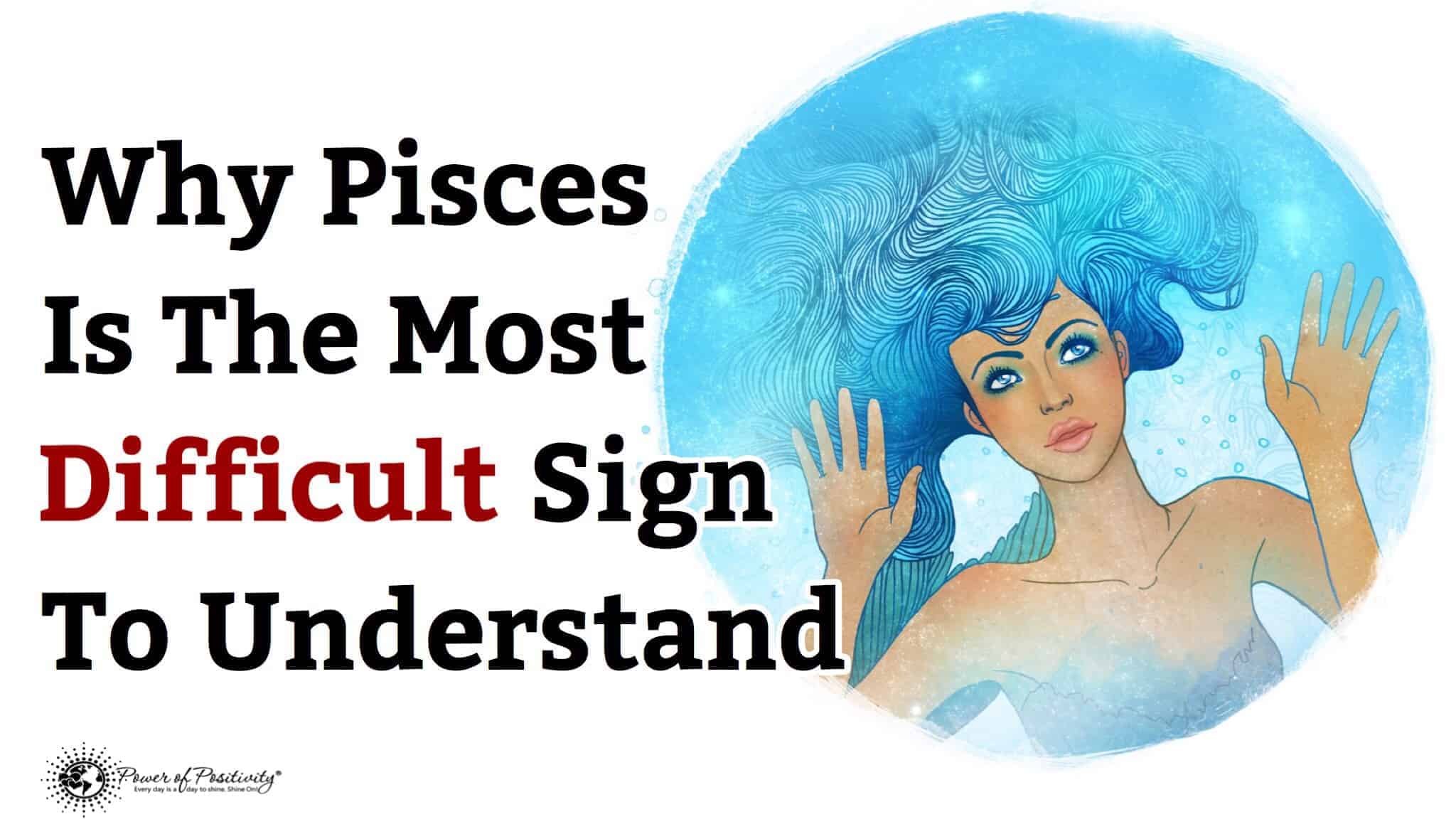Your thyroid might be trying to send you a sign that it isn’t working properly. Unfortunately, this problem can affect many areas of your health and can even be fatal. Thyroid cancer, Hashimoto’s disease, hypothyroid, hyperthryroid, thyrotoxic crisis, and thyroid storm are all possible problems that a malfunctioning thyroid can signal. Let’s look at 10 signs.
10 Signs Your Thyroid Isn’t Working Properly
Thyrotoxic crisis often occurs in the presence of its triggers.
Triggers include:
- infection
- surgeries on thyroid or organs other than the thyroid
- trauma
- pregnancy and delivery
- diabetic ketoacidosis
- tests by a doctor that use iodinated contrast medium
- cerebrovascular disorders
- pulmonary thromboembolism
- ischemic heart diseases
- extraction of teeth
- severe emotional stress
- strenuous exercise
1. High fever
A fever over 100 degrees is considered high.
2. Jaundice
Yellowing of the skin, eyes and nails is a sign that everyone else can see, and it’s a troubling one as well. Your thyroid might be causing you serious problems if you are looking jaundiced. Seek help from a medical professional quickly.
3. Diarrhea
Gastrointestinal problems seem to be the one symptom that too many diseases have in common. If you find that your diarrhea is combined with other symptoms of this problem, you could have a malfunctioning thyroid.
4. Restlessness/hyperactivity
Being very active, to the point of being hyperactive could be a sign that it isn’t working properly. Excess thyroid hormones can lead to restlessness in both men and women. Being healthy and active is one thing, but if you finish your run and still want to go again while your running partner is done, check for other signs of thyroid disease.
5. Temperature sensitivity
If you are either too hot or too cold often, especially when others around you don’t seem to be, it could be a sign that your thyroid isn’t working properly.
6. Dry skin and hair
Too little thyroid could be the cause of your dry, itchy skin and brittle hair.
7. Hair loss
Unexplained hair loss can be a sign of low thyroid in both men and women.
8. Shaking/trembling hand
Hold out your hand and place a regular sheet of paper on it. If the paper is dancing around versus being still, it could be a sign that your thyroid isn’t working properly. Shakiness can be attributed to an overactive (high) thyroid.
9. Lighter or heavier menstrual periods
For women, you may see the first signs that your thyroid isn’t working properly when you get your cycle. If you notice that your bleeding seems different, either heavier or lighter than usual, check for any of these other symptoms. It usually means heavier periods and high thyroid means lighter or even missed periods.
10. Trouble sleeping
Insomnia might be more than just the day’s troubles keeping you awake. Having trouble falling asleep can be a sign of low thyroid.
There are natural herbal remedy options to treat these health problems. In a study of brown seaweed (Sargassum) and its affects on thyroid health, researchers found that it had anticancer, anti-inflammatory, antibacterial and antiviral properties.
The scientists say that ‘although the mechanism of actions is still not clear, the pharmacological activities [of brown seaweed] could be mainly attributed to the major biologically active metabolites.’ Brown seaweed has been used for 2000 years in Traditional Chinese Medicine.
Other things that can improve function include:
Michael Friedman of the Association for the Advancement of Restorative Medicine says herbs that can help your thyroid work properly include:
- Rosemary, Bugleweed and Lemon balm – Rosmarinic acid is found in several members of the Lamiaceae family plants such as rosemary (Rosmarinus officinalis), bugleweed (Lycopus virginicus), and lemon balm (Melissa officinalis) and has medicinal uses in several cultures.
- Blue flag – Blue flag was traditionally used by American natives for its medicinal effects and is an adaptogenic herb. Adding adaptogenic herbs is often helpful in the treatment of Hashimoto’s disease because they act as endocrine tonics that help mitigate autoimmune diseases.
- Guggul – Guggul is an extract of the oleo-resin of the Commiphora mukul tree, native to India. Guggul is used as a thyroid stimulant in traditional Indian Ayurvedic medicine.
- Iodine – Iodine is a crucial constituent of thyroid function and is a component of thyroxine.
- Vitamin D3 – vitamin D3 supplementation has been shown to prevent the development of autoimmune conditions including autoimmune thyroiditis.
Concerned that you might have some of these symptoms and want to get checked? Make an appointment with your health professional for a simple blood test to see how your thyroid hormone levels check out.









